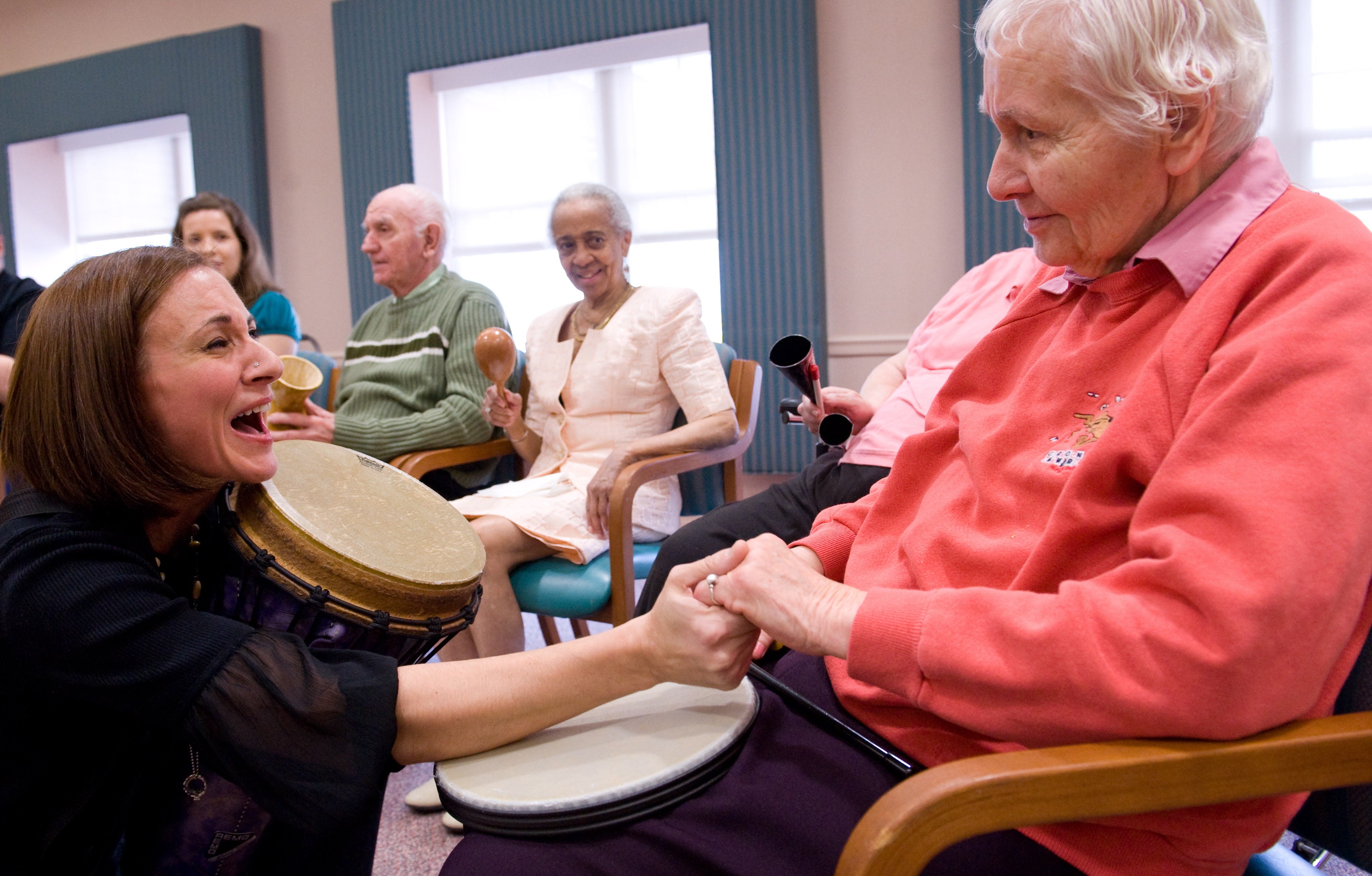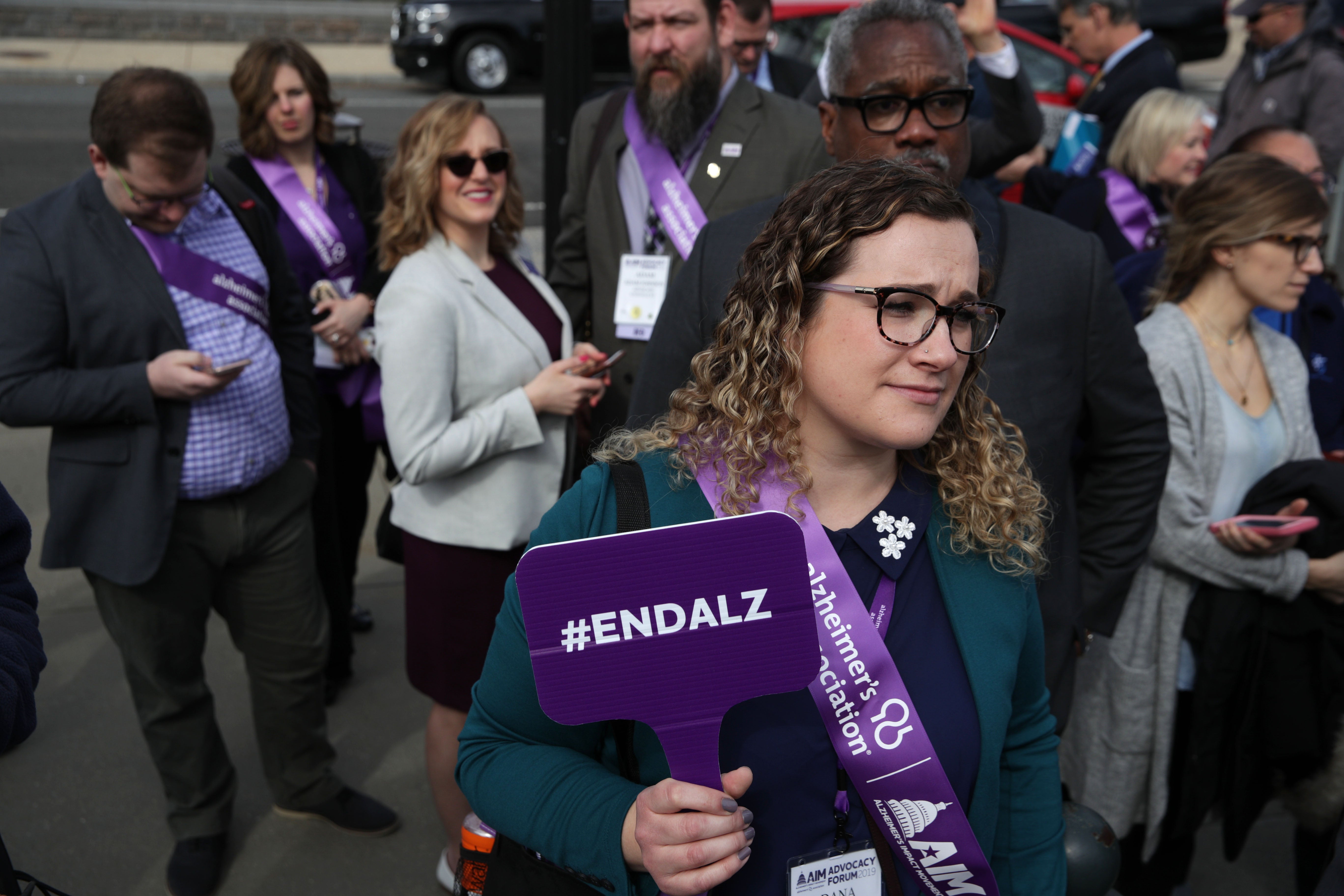According to researchers, it takes an average of 3.5 years for patients with dementia to be diagnosed according to their first symptoms.
Early diagnosis and intervention are crucial for the treatment of symptoms of dementia and the development of an effective course of treatment. However, experts fear that delays in vital treatment can occur due to confusion about symptoms, stigma and inconsistent approaches by medical specialists.
Dementia is a disease that affects thinking, memory and behavior of a person. Alzheimer’s disease is the most common form of dementia, and more than 6 million Americans are affected by the progressive brain disorder.
Symptoms include problems with memory, attention, communication and visual problems.
“The timely diagnosis of dementia remains an important global challenge, which is characterized by complex factors, and specific strategies in healthcare are urgently needed to improve them. Other studies estimate that only 50 to 65 percent of cases are ever diagnosed in countries with high incomes. Many countries have even lower diagnostics.

“In timely diagnosis, access to treatments can improve and for some people extend the time that live with a slight dementia before the symptoms deteriorate,” she added.
The university researchers also found that this diagnosis period can take even longer. It can take up to four years in patients with early dementia. Early dementia refers to dementia for someone under the age of 65.
Those with frontotemporal dementia, the most common form for the less than 60 years, were also “consistently associated with a longer interval for diagnosis”.
The conclusions were the result of an analysis of 13 previously published international studies in which data on 30,257 participants reported. The studies included medical documents and interviews from patients or family members.
Although the data was limited to racist differences, one of the studies found that black patients had a longer delay before diagnosis.

The authors found that missed symptoms that were confused with aging could influence limited access to special care, language differences and low public awareness on diagnosis.
Orgeta said that in her work “the need for a clear conceptual framework is required in good time for the diagnosis of dementia”.
“In order to accelerate the diagnosis of dementia, we need measures on several fronts. Campaigns for public sensitization can help improve the understanding of early symptoms and reduce the stigma and encourage people to seek earlier help,” she said. “The training of clinics is crucial to improve early detection and transfer as well as access to early interventions and individualized support so that people with dementia and their families can receive the help they need.”
A test was recently developed, from which the scientist stated that dementia could predict up to nine years before the diagnosis with an accuracy of 80 percent.
The study is the first systematic review and meta -analysis of global evidence that examines the time until diagnosis in dementia. It was published this week in the International journal of geriatric psychiatry.


